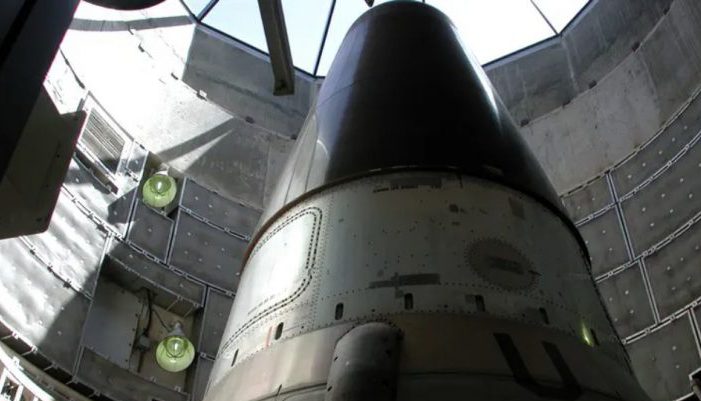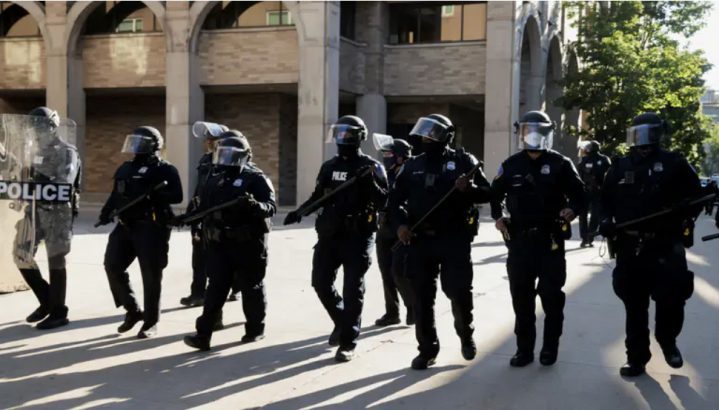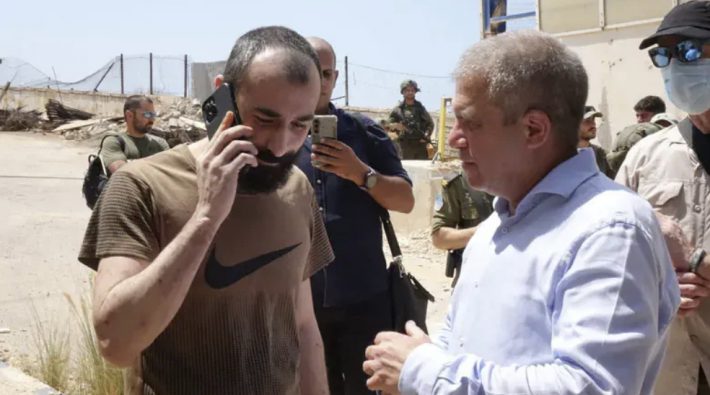American and Iranian negotiators complete a third round of nuclear talks in Muscat, described as “positive and productive.”
The United States and Iran wrapped up a third round of nuclear discussions on Saturday, agreeing to reconvene on May 3, Axios reported, citing Omani Foreign Minister Badr Al-Busaidi, who is acting as a mediator between the two countries.
Saturday’s meeting in Muscat marked the first time negotiators engaged in technical aspects of a potential agreement, focusing heavily on US-proposed restrictions on Iran’s nuclear activities and Tehran’s demands for sanctions relief.
“The talks in Muscat were positive and productive. There is still much to do, but further progress was made on getting to a deal,” stated a senior US official, according to Axios.
Negotiations involved working-level delegations as well as lead negotiators White House envoy Steve Witkoff and Iranian Foreign Minister Abbas Araqchi. The session reportedly lasted more than four hours, featuring both direct conversations and indirect exchanges.
A senior American source confirmed that discussions would continue next week in Europe.
The Omani Foreign Minister commented, “US-Iran talks today identified a shared aspiration to reach agreement based on mutual respect and enduring commitments. Core principles, objectives and technical concerns were all addressed.”
Speaking to reporters traveling with him, the Iranian Foreign Minister expressed satisfaction with the pace and substance of the discussions. “This round of talks was much more serious than in the past, and we gradually moved into more detailed and technical discussions,” he said.
Araqchi noted that the parties had exchanged written proposals several times during the session. “Some differences are serious, some less so. I’m hopeful about reaching a deal, but yet cautious,” he concluded.
US President Donald Trump has said he prefers to solve the nuclear standoff with Iran through a deal, but has also not ruled out military action against Iran.
Two weeks ago, Trump said that, if military action is required to thwart Iran’s nuclear program, Israel will be involved and even lead the effort.
“With Iran, if it requires military, we’re going to have military. Israel will be the leader of that. But nobody leads us, we do what we want to do,” Trump told reporters at the Oval Office.
Asked what his deadline would be for Iran to reach a deal, the President replied, “I can’t really be specific, but when you start talks, you know if they’re going along well or not, and I would say the conclusion would be when I think they’re not going along well.”
Previously, the US President warned Iran that “if they don’t make a deal, there will be bombing — and it will be bombing the likes of which they have never seen before.”
On Friday, in an interview with Time Magazine, Trump said that it is possible to reach a nuclear agreement with Iran even without attacking the nuclear facilities.
He stated that he is willing to resort to a military strike if necessary, but is also ready to have a direct conference with Iranian Supreme Leader Ali Khamenei to avoid war.





